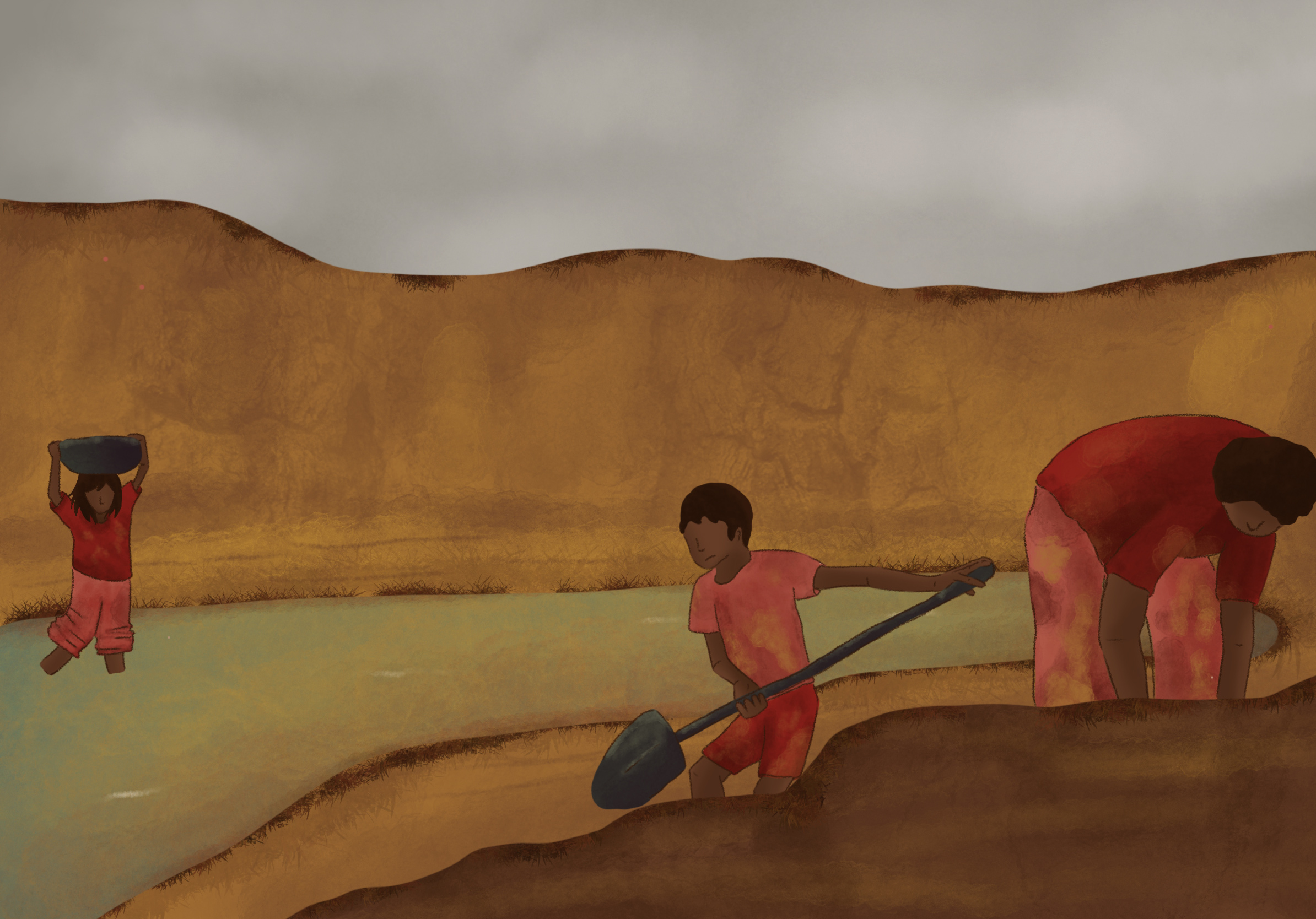
How will Indonesia’s new capital in Borneo affect wildlife and people?
by Naomi Clark-Shen
In August 2019, President Joko Widodo unveiled plans to move Indonesia’s capital from Jakarta to East Kalimantan in Borneo. While this move may benefit Indonesia’s economy, there are fears about the impacts to the island’s forests, indigenous people, and animals—including the Bornean orangutans.
It is estimated that one-third of Jakarta could be submerged by 2050 because of rising sea levels and depleted groundwater. The city is also plagued by traffic congestion, polluted air, fatal flooding and overcrowding—which is reportedly costing the country more than US$7 billion in lost productivity each year.
This is why US$33 billion will be spent to build a new capital city in East Kalimantan—a regency reportedly protected from natural disasters. The move will help to spread economic benefits to other areas of Indonesia: currently, Java accounts for 58% of GDP because of Jakarta’s economic dominance.
The new capital will be located in two of East Kalimantan’s regencies: Penajam Paser Utara and Kutai Kartanegara. The government has said that the new city will be built in existing urban areas and the environmental impact 'will be positive'. However, when projecting an area the size of Jakarta’s core city, as well as Jakarta’s wider metropolitan area, onto these sites, there is overlap and close proximity to forest and orangutan habitats.

Indonesia's new capital city will be located in two of East Kalimantan’s regencies: Penajam Paser Utara and Kutai Kartanegara. These sites are near to orangutan habitat. The sizes of the new cities are hypothetical and based on the size of Jakarta's core city and metropolitan area. Source: The Nature Conservancy.
Borneo has already lost over half of its forests, primarily to palm oil plantations. The number of Bornean orangutans—which are only found on the island of Borneo—has halved since 1999, and it is believed that many populations will be extinct by 2050.
But land clearance is not the main driver of Bornean orangutan decline: hunting is. Interviews in Kalimantan revealed that several thousand orangutans are illegally killed each year for meat consumption, to mitigate conflict with humans—such as when they take villagers’ fruit—or out of fear. They are also taken from the wild and sold into the illegal pet trade.
East Kalimantan’s forests are also important to indigenous communities, including the Paser Balik and Dayak people, who were reportedly not consulted in the decision to move the capital city. Kalimantan’s indigenous communities have struggled for decades to protect their traditional land and forests from logging, mining and palm oil plantations. The impact of the new capital city on their communities is unclear at present, however over 50 percent of indigenous people live inside forest areas that belong to the state—and one of the requirements of moving the capital city to East Kalimantan is that it will be built on state land.

A Dayak elder, one of Indonesia's indigenous peoples.
A secondary impact is the roads that will likely be built to connect the capital city to other cities in Borneo. In the Amazon rainforest, deforestation generally increases significantly after a road has been constructed. This is because roads fragment habitat and open up previously isolated areas to illegal logging, wildlife poaching and fires. Much of Kalimantan’s land is highly flammable, and more fires would also worsen the haze in the region.
The proposed sites for the capital city are near two river systems: Balikpapan bay and the Mahakam river.

The two locations for Indonesia's new capital city, in Penajam Paser Utara and Kutai Kartanegara, are near to Mahakam River and Balikpapan Bay, which are home to Irrawaddy dolphins. Location of rivers taken from Google maps.
More than 10,000 fishermen catch fish in Balikpapan Bay, which is reportedly the only route that can be used to deliver construction materials to the new city. This increased activity, which may also cause pollution, could affect the fishermen and aquatic life.
Balikpapan Bay and Mahakam river are also home to Endangered Irrawaddy dolphins and other rare animals like Siamese crocodiles and dugongs. All 13 rivers in Jakarta are severely polluted, and if the same happens in the new capital city, it is likely that these animals will disappear.

The Irrawaddy dolphin does not have a prominent beak like most other dolphins.
Indonesia’s government has said that the new capital city will be “a smart and green city”. Singapore is considered one of the ‘greenest’ cities in the world, but has just 0.5 percent of its original primary forest cover left and less-than-pristine waters. Greenery is simply not the same as functional habitat.
With so much at stake, environmentalists are skeptical that the government can keep their promise and protect East Kalimantan’s wildlife and people.










